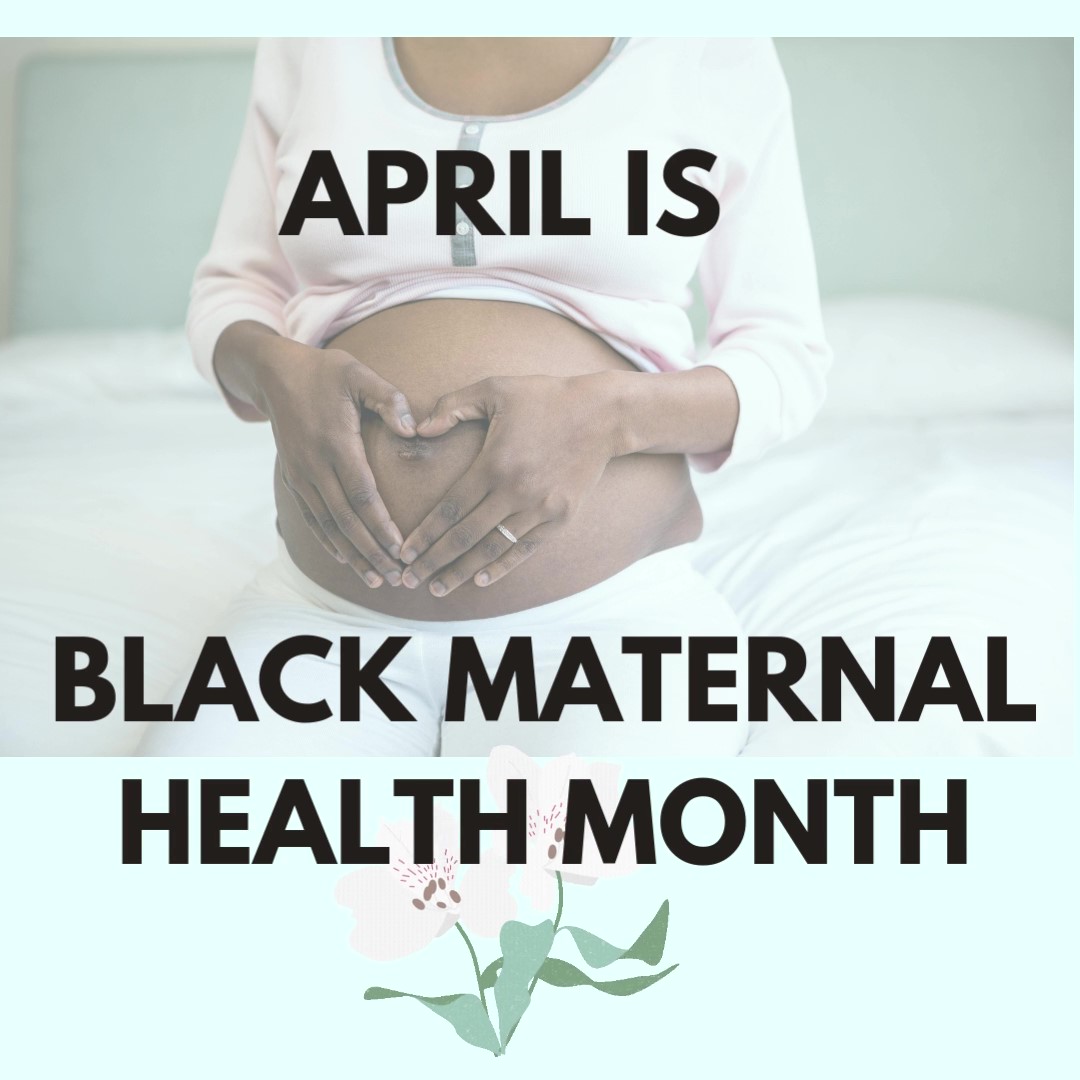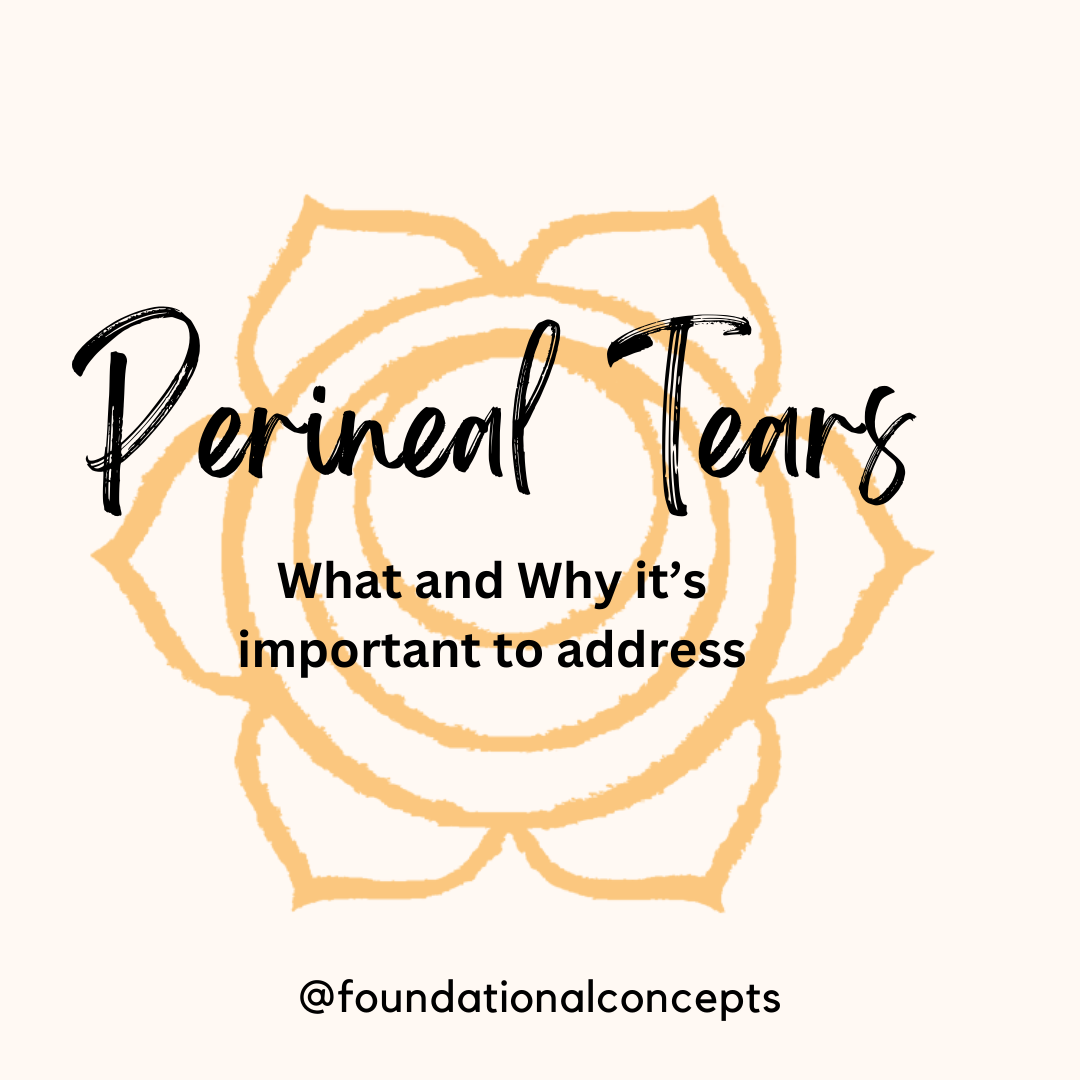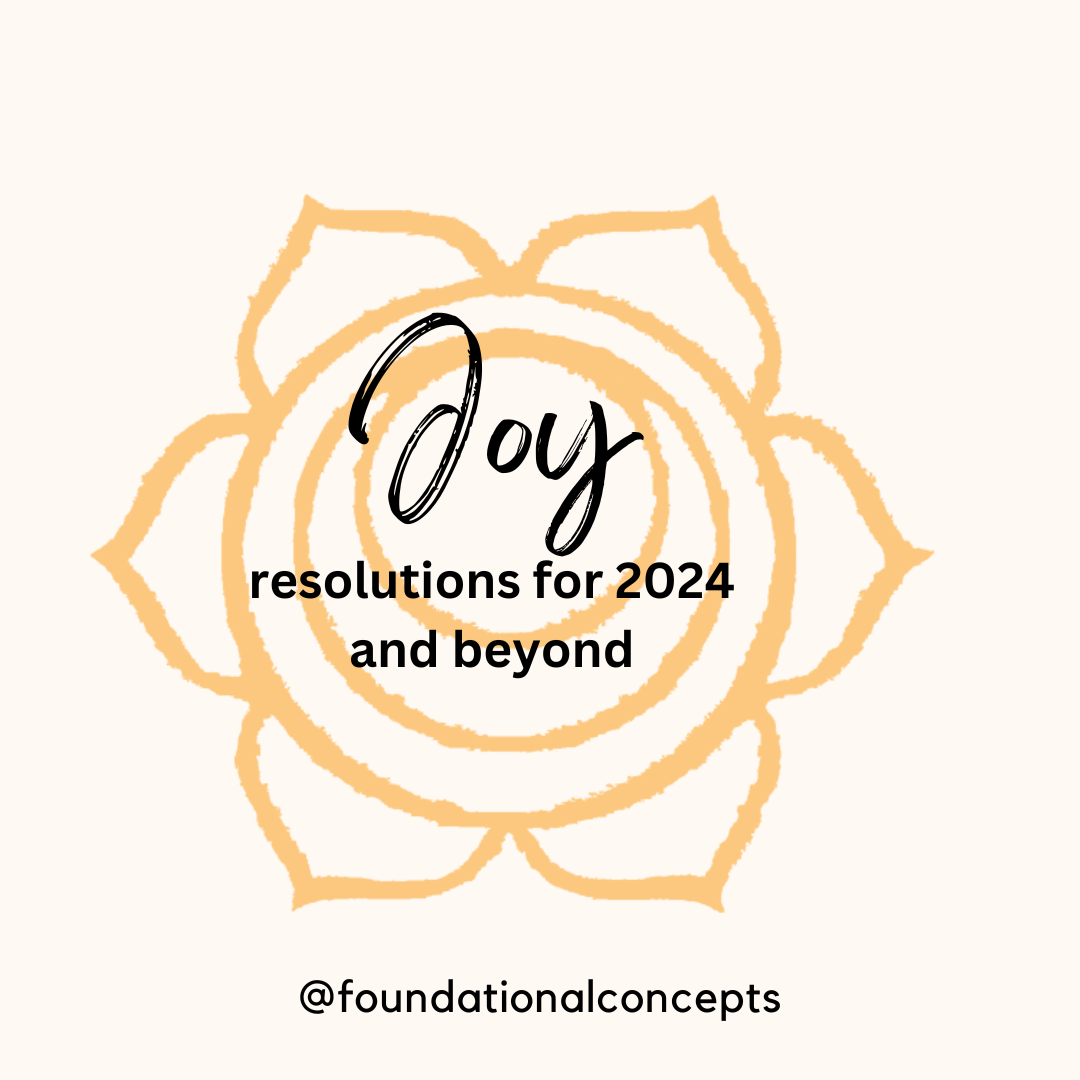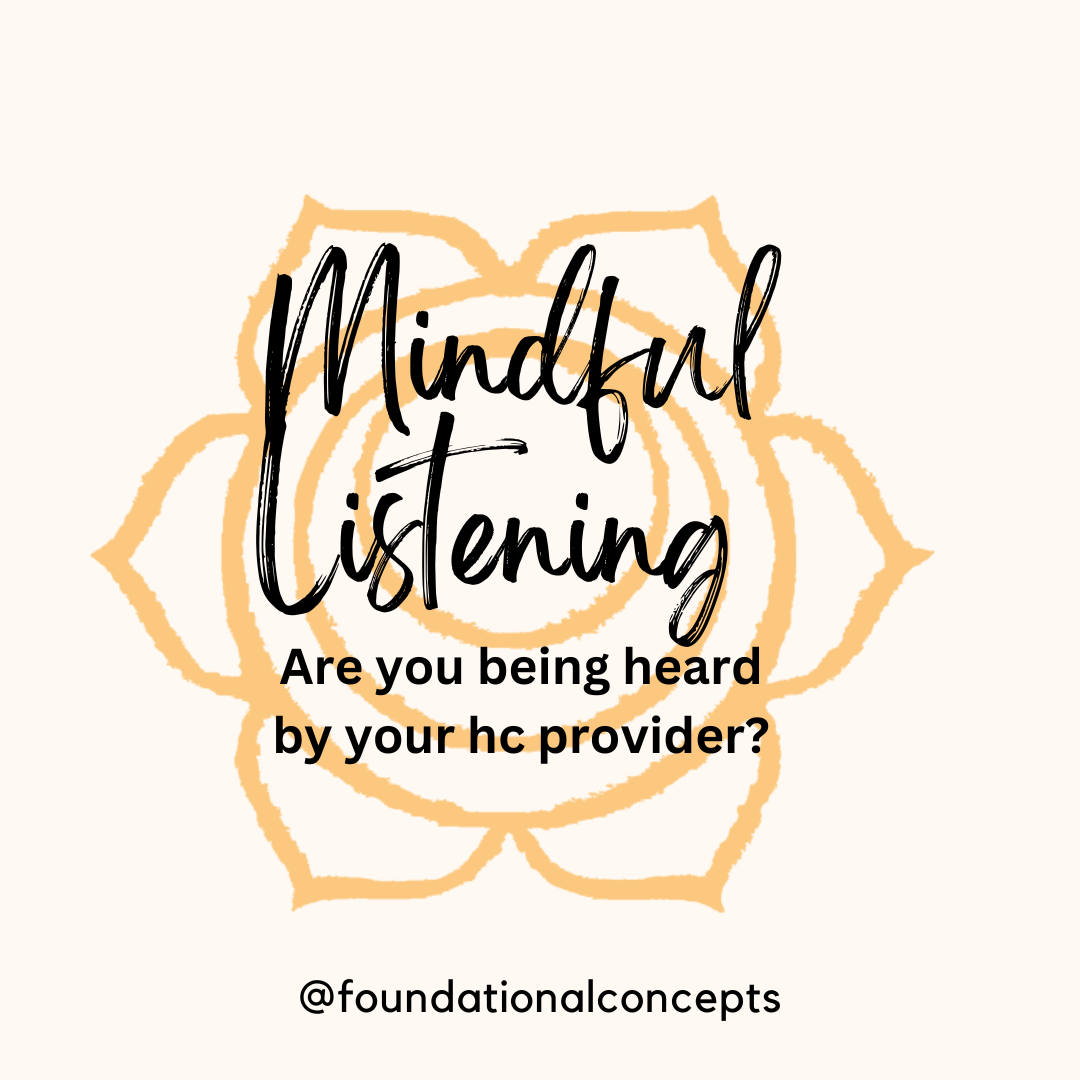Many women who have a vaginal delivery will have some level of perineal tearing that…

Health Disparity in African American Women
Many of us are aware that racial disparity exists in our society. However, have you stopped to think about how racial disparities have impacted health care? Racial inequities affect one’s access to high quality health care based on where one lives, works, and learns. This is known as a social determinant of health. According to the CDC, racial and ethnic groups throughout the United States experience more illness and death among a wide range of health conditions including: diabetes, hypertension, asthma, obesity and heart disease as compared with their white counterparts.
Unfortunately, this translates to obstetric care among women in the United States. In fact, 700 women die during pregnancy or within the year after, each year in the U.S. Most of these deaths are preventable and due to conditions like, high blood pressure, pulmonary embolism, and weakened heart muscle, which contributed to a significantly higher proportion of black women versus white women.
In data collected from 2007-2016, the pregnancy related mortality ratios are significantly higher in black and American Indian/Alaskan Native than their White counterparts. Unfortunately, these disparities remained across time, different age groups, and even in states with lower overall pregnancy-related mortality rates and among women with higher education levels. When I first read through these statistics on the CDC website, I was shocked and embarrassed. As a well-developed nation with all the resources in the world we are failing tremendously at preserving our patient’s lives based on constructs completely out of their control. My immediate response to this hard to face data is, how do we change these outcomes?
From a public health standpoint, we must start by identifying the factors that contribute to the differences in pregnancy- related mortality rates in these racial/ethnic groups and put in place strategies to reduce the disparities that exist. It is most important to improve women’s health and access to quality care in every phase of the pregnancy process, including preconception and post-partum.
In my experience as a pelvic health therapist, I most frequently see patients post-partum and during pregnancy. I almost always spend a large chunk of time during those first sessions on educating the patient, as this group of women typically feel under supported with what to expect for labor and delivery and managing the endless factors associated with post-partum life. I remind every post-partum patient that we wouldn’t expect someone to have a major orthopedic surgery without physical therapy to follow and therefore we shouldn’t expect a woman to be able to manage all the changes in her body after having a baby without some form of therapy to follow.
I hear many birth stories and in what I can gather from the experiences, it is always important to advocate for yourself. In many instances you know your body the best and if something doesn’t feel right, call the nurse, or leave a message for your doctor and get it checked out. Don’t be afraid to change providers if you do not feel like you are being heard at any point during your pregnancy. It can be intimidating when you are faced with a medical professional who seemingly “has all the answers,” however if you are not getting your needs met they are not the provider for you.
Lastly, and most importantly, do not struggle in this alone. Pregnancy is a beast, and it takes a village to manage the new onset of hormones, body changes, aches/pains, and stress/anxiety. Physical therapy can be the first stop to address these changes and can open the door to other specialists who can help manage every facet of this journey to motherhood. We want mothers of every race, ethnicity and color to have access to the care they need, to be educated to advocate for themselves. We want to work toward a day where the disparities are not there. We are working to make small changes here in our community through free educational talks, to free consultations by phone, to financing options for our mothers.
We offer a free consultation to help answer any questions you may have to help you find the help you need during pregnancy and post-partum. Click here to schedule.



